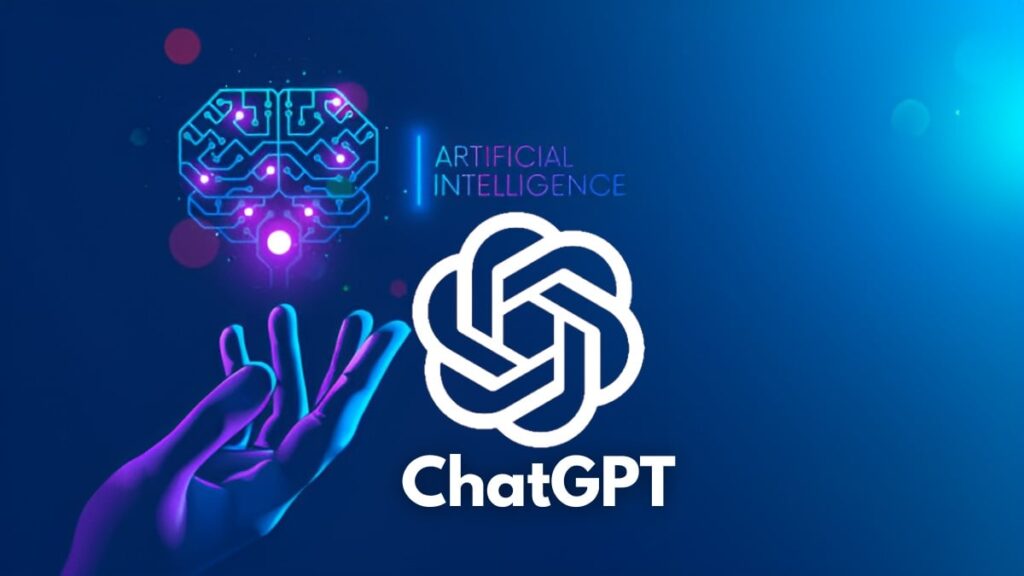Natasha Singer’s Experiment: A.I.-Generated Essays for Harvard, Yale, and Princeton – The Results
By James Pebenito • September 4, 2023
Natasha Singer’s Experiment: A.I.-Generated Essays for Harvard, Yale, and Princeton – The Results
High school seniors are using artificial intelligence to help them construct their essays and responses as the college application season ramps up. Students looking for support navigating the competitive environment of elite schools are turning to tools like ChatGPT and Bard, which have grown to be popular companions. These A.I. chatbots might not yet be the best at simulating lengthy personal essays in a student’s voice, but they are becoming better at answering shorter essay questions from prominent universities like Harvard, Yale, Princeton, and Dartmouth.
She was intrigued by the possibilities of these A.I. tools, so she chose to test them out on some of the shorter essay topics that this year’s high school candidates to Ivy League colleges were given. The outcomes shed important light on the potential and constraints of applying artificial intelligence to the college admission process.

Short Essays, High Standards
Ivy League schools are renowned for their stringent entrance requirements, which frequently include a series of essays and concise responses aimed at eliciting information about a candidate’s personality, character, and intellectual curiosity. These issues have the potential to be stimulating, difficult, and fiercely competitive.
The objective of these A.I. technologies was to create responses to these prompts. Despite the fact that these responses were condensed and altered for clarity, the A.I. chatbots created the majority of the information.
The Findings Regarding Essays Produced by AI
The A.I. chatbots showed that they could respond to the essay prompts in a clear, organized manner. They provided answers that were straightforward and in line with what elite institutions were looking for. The responses, however, frequently lacked the depth, uniqueness, and true voice that admissions examiners seek in an applicant’s writing.
This brings to light a key issue with the employment of artificial intelligence in college application essays: finding a balance between effectiveness and authenticity. While A.I. might assist with initial drafts and concepts, the finished essays should showcase the student’s uniqueness, life experiences, and objectives. The human touch is frequently what distinguishes an essay because admissions authorities want to know who the applicant is.
As a Supplementary Tool, AI
The project highlights how A.I. could help students with their college application process. These resources can assist students with idea generation, answer organization, and even grammar and clarity checks. However, they ought to be regarded as an addition to the student’s distinctive voice and perspective rather than a replacement for it.
Writing college essays is still a worthwhile chance for introspection and self-expression. She should actively participate in constructing her narrative and making sure her voice is heard, even though A.I. can provide support.
The Changing Environment for College Admissions
The landscape of college admissions is shifting as technology advances. AI tools are merely one illustration of how innovation is affecting the procedure. The use of technology will require adjustments from students, parents, educators, and admissions staff in order to maintain the authenticity and individuality that make each application distinctive.
In the end, the college application process is still very much a human endeavor, and it is important to never undervalue the impact of a strong essay that was truly authored by the applicant.


